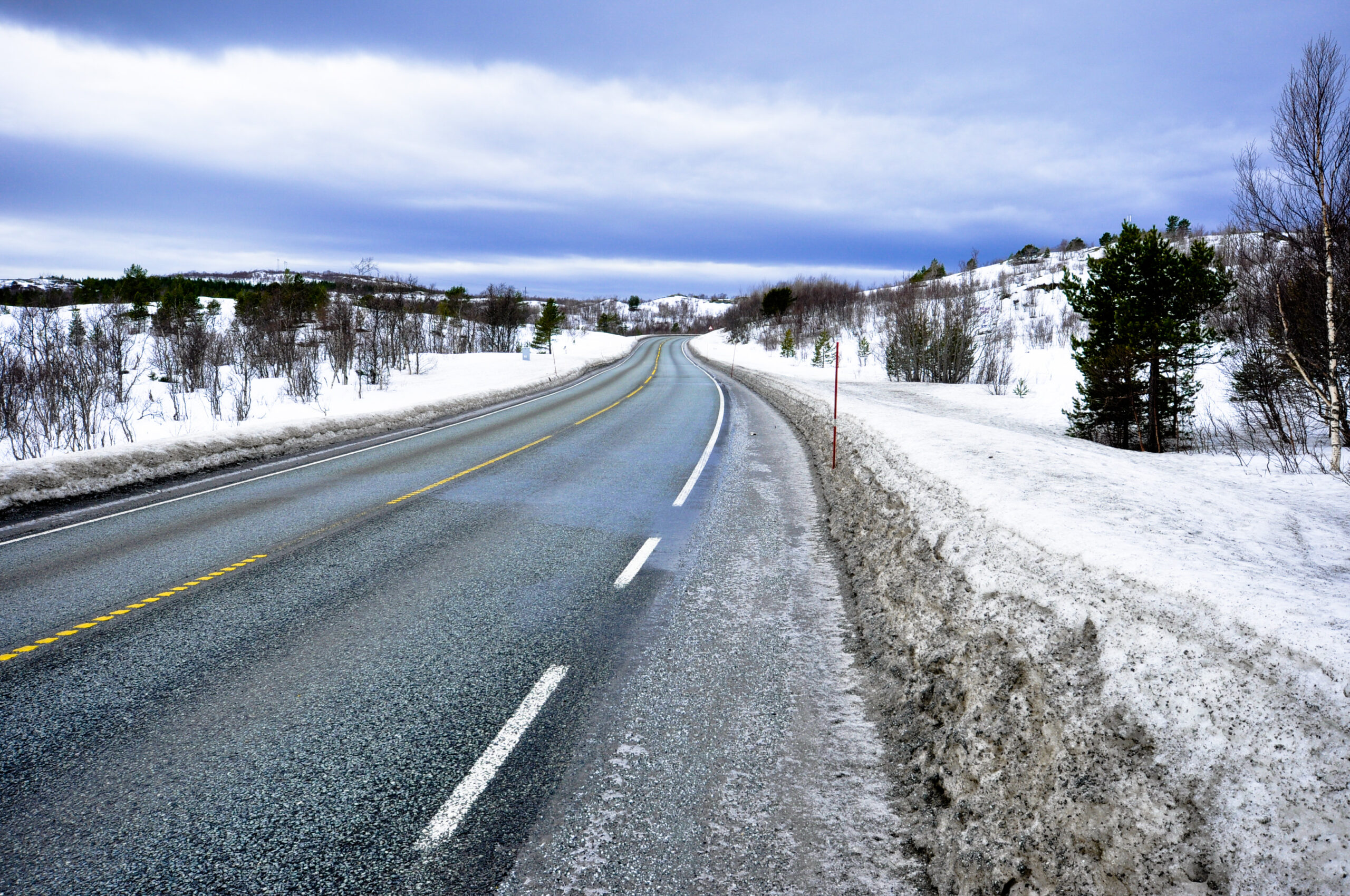It’s a dangerous business, Frodo, going out your door. You step onto the road, and if you don’t keep your feet, there’s no knowing where you might be swept off to.
The words that Tolkien gave to Bilbo are true. Without a solid and meticulous plan, a journey can quickly end up somewhere you never expected.
And, for your first trip, that’s exactly what I suggest.
A couple of days ago I received emails from two people planning long cycling journeys. There seem to be a lot of people interested in adventure cycling these days, judging by the number of messages I get. If that’s true, then I’m happy. Travelling long-term under pedal power is life-changing.
But riding off into the unknown is easier said than done. It’s an utterly terrifying prospect. You know nothing about what’s ahead, and you don’t know where to begin, and you imagine that without knowing these things, you’re helpless.
The natural defence mechanism is to try and collect knowledge, to arm yourself against the unknown. Routes, logistics, equipment, itineraries, timescales, communications solutions… you build a fortress of categories, an insurmountable wall of planning. Then you feel a bit safer, and the unknown seems a little less scary.
But nobody tells you that it actually doesn’t matter. That the world is not a dangerous place. People are not bad. Nobody’s out to get you. Visas and borders are easy. Roads and routes come naturally. And you can’t just waltz into a warzone. (It’s not your fight, anyway.)
Knowing everything is unnecessary — discovery is a better teacher than a guidebook. Where you actually end up — and when, and how — is usually irrelevant to the experience you have on the way.
“Failures don’t plan to fail; they fail to plan.” So goes the saying. But beware of dogma. Question everything, even the wisest-sounding quotes. There’s always an exception to the rule.
I planned to be in Australia two years after leaving home on my bike. As it turned out, I would be in the United Arab Emirates, having made an unforeseen half-year detour through the Middle East and Africa. I never made it to Australia — by then, my journey had deviated entirely.
Had I not planned to be in Australia, of course, it wouldn’t have mattered. Failure wouldn’t have come into it. I wouldn’t have had to swallow my pride, accept that I’d been wrong to set myself such a distant, abstract goal, and tell all the friends, followers and sponsors I’d bragged to that my plans had changed.
One of the emails mentioned records. “I do have my reservations on whether this would detract from the journey”, wrote my correspondee of the idea of a record-breaking circumnavigation. Well, of course it would! If your aim is to have a life-changing adventure, to leave it all behind… why would you plan for it to end as quickly and predictably as possible?
If you want to learn something, leave with a blank slate. Prepare yourself, by all means, but don’t pad the whole thing out with so-called research, plans that aren’t necessary, destinations you might realise you don’t really need to reach. None of that matters.
If there’s one thing I wish I’d done differently, it would be to leave without such a grand plan for what I was going to achieve.
And if there’s one decision I’m glad I made, it was to drop that plan and to pursue the honest and ever-changing focus of my wanderlust.


Something to add?